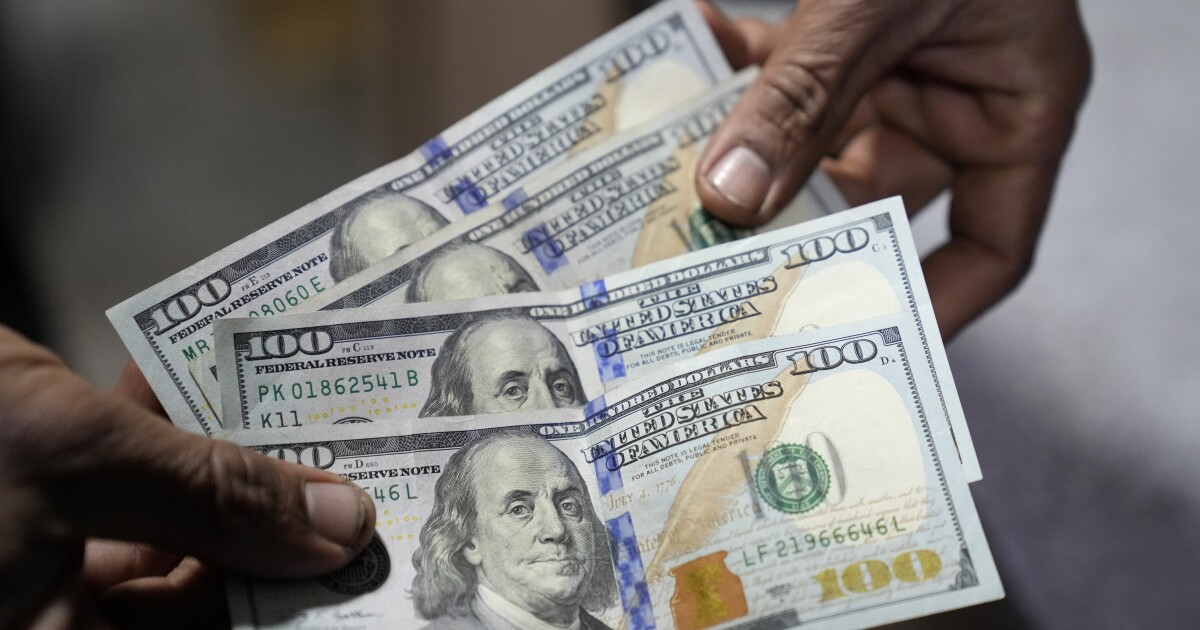

People who receive monthly payments from the Supplemental Security Income program will receive their first payment in September, worth up to $914 for individual filers, in just under three weeks.
The monthly installment will be sent out Friday, Sept. 1, but is the first of two payments in September because of a scheduling quirk in the Social Security Administration’s calendar. The second payment in September will replace October’s check and will go out Friday, Sept. 29, because Sept. 30 and Oct. 1 are on a weekend this year.
TRUMP KEEPING AN EYE ON THESE SIX ALLIES TO JOIN HIM IN THE WHITE HOUSE
Recipients normally just get one payment every month, but in four months this year, beneficiaries get two checks. Recipients get two checks in March, June, September, and December this year. This is because the first of the month falls on a weekend in April, July, and October, and Jan. 1 is always a holiday.
The adjusted schedule ensures that beneficiaries still get 12 checks per year because there are no payments in April, July, October, or January.
The maximum amount of money that beneficiaries receive depends on how they file for the benefits. Eligible couples can receive the highest amount of up to $1,371 every month. Those who file independently can see as much as $914 every month, and essential people who live with and care for people receiving SSI payments get a maximum payment of up to $458, according to the SSA. But not every recipient receives the maximum payout.
These payments are separate from regular retirement payments issued by the administration.
In order to qualify for the SSI payments, a person has to be over 65 and meet specific financial requirements. Those under 65 could also qualify if they are at least partially blind or have a physical or mental condition that seriously limits their daily activities for at least one year or is expected to result in death.
CLICK HERE TO READ MORE FROM THE WASHINGTON EXAMINER
Children can also qualify for the payments if they are at least partially blind or if they have a physical or mental condition that seriously limits their daily activities for at least a year or is expected to result in death and their parents have limited income or savings.
The supplemental payments were first issued by the administration in January of 1974, and payment rates have increased for annual cost-of-living adjustments since 1975, according to the agency. The COLA increase for 2024 is projected to be approximately 3% based on June’s numbers, but the exact increase will not be released until Oct. 12.





